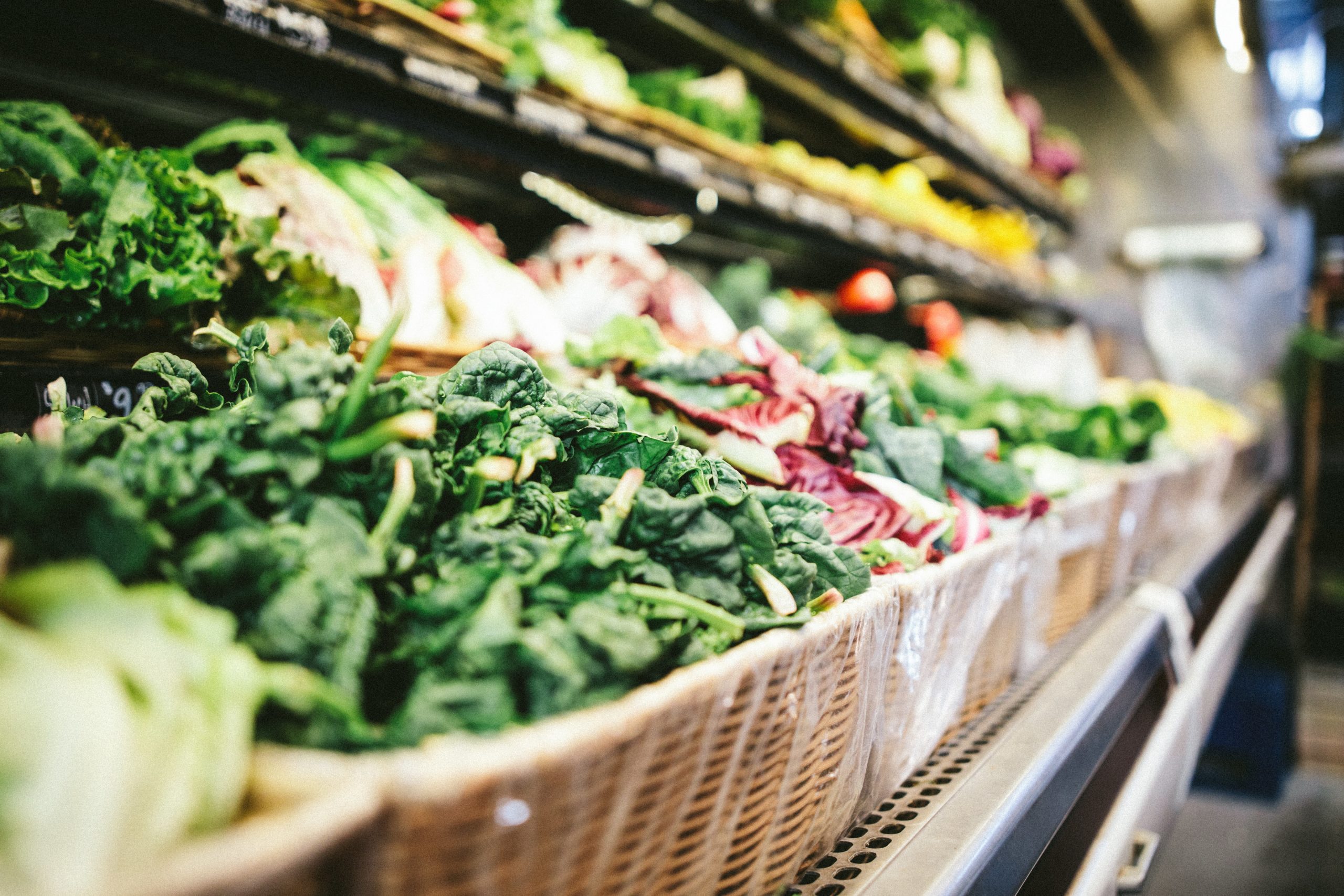Britain’s kitchens have been spoiled for choice for decades but industry experts say there could be a costly price to pay for eating whatever we want, whenever we want it.
Instead of dining on all things all year round, a return to enjoying the occasion of certain foods at certain times of the year will not only be good for the nation’s producers but could also help protect the planet, experts say.
Regency Purchasing Group is one of the UK’s leading procurement businesses and its thousands of members include many farm shops, farm attractions and businesses that have diversified and evolved from their farming roots.
Regency founder Alex Demetriou, who is also CEO of Foodbuy UK&I, warned: “In speaking to our members we’ve seen first-hand that some farms only have between 20 and 40 harvests left before the land becomes unusable.
“Soil quality has depleted due to monocropping and overuse of nitrogen-based farming. Regenerative practices, like growing cover crops such as clover and legumes, could help restore soil health but farmers lack incentives to do this due to lower margins on regenerative crops.”
He said that British consumers need to change their habits and become re-accustomed to the joys around seasonal, as well as local, produce consumption and British Food Fortnight, which runs until 12 October, is the perfect time to talk about what can – and should – be done.
“Decades ago, for example, everyone would get excited about strawberry season. Families would look forward to going somewhere local together pick the fruit and then enjoy eating it.
“It would become an occasion, an event – and a taste – that would be eagerly anticipated, enjoyed while in season, and then looked forward to again; it can really make food fun, again.
“But that sense of occasion has been lost. Today, we expect to be able to have things like strawberries all year round, so they are imported, which adds considerably to the carbon footprint and damage to the environment.
“When it comes to seafood, with mussels for example, seasonality is both fully understood and accepted, so we would like to see this spread to other produce, so that we fully value quality, seasonal and local food.
“However, there are still some habits around seafood that should also change. For example, 80% of cuttlefish in Spain is caught in British waters, yet we don’t eat it here; it is a delicacy in France and Spain, yet we only seem to want it ourselves when we holiday abroad.
“Without behavioural change, many farms have relatively few harvests left, which could lead to even more imports which would be even more damaging to local producers and the planet.
“Worryingly, in DEFRA’s Farmer Opinion Tracker for England published in July, farmers on 39% of holdings said they would stay farming but diversify business into non-farming areas.
“There are solutions, but we just need to embrace them, starting with strategic support from the government, and some significant consumer education.
“Restaurants, hotels and pubs come become more creative in the way they present their menus. We are capable of growing so many different foods in this country, but we don’t because we do not consume them.
“Go back to the strawberry example – what is the incentive at the moment for farmers to grow different types of fruit in the winter, when they are not consumed and we rely on imported goods instead?
“What does a brunch menu look like today without avocado on it? Is anyone brave enough to not put them on the menu to avoid the food miles required to put them on consumers’ plates?
“There is a tremendous opportunity here to be creative with menus, introduce new produce, and return to the joy of seasonal food as a family occasion – it’s an opportunity which should be taken with both hands because of the many benefits.”
Last year, Nestlé Professional UK&I, a Regency Group supply partner, published a report with Footprint Media, ‘Unlocking the Community Benefits of Regenerative Agriculture from Field to Fork’, which showed how regenerative agriculture can help drive local economic growth, create jobs and strengthen communities, as well as benefiting the environment.
Katya Simmons, MD of Nestlé Professional UK&I, said: “Regenerative agriculture has the power to transform not only our food systems but also the communities they support.
“By strengthening local ecosystems, improving livelihoods, and fostering community resilience, regenerative practices can make a real, lasting impact.”
Alex added: “Earlier this month, it was reported that an NFU survey found that 92% of the public feel it is important that Britain has a productive farming sector, with 89% also saying British farms should grow as much food as possible.
“The UK currently imports almost half of the food it consumes overall, with around 84% of fruit being imported, with ‘meeting consumer demand’ and ensuring a ‘consistent supply of fresh produce’ cited as among the main reasons.
“But, as the NFU survey suggests, perhaps there is now a public appetite for change, a return to the ‘seasonal’ joys of eating home-grown produce, and a move to introducing other home-grown items to fill those ‘seasonal’ gaps.”
To find out more about Regency Purchasing Group, visit: www.regencypurchasing.co.uk




















